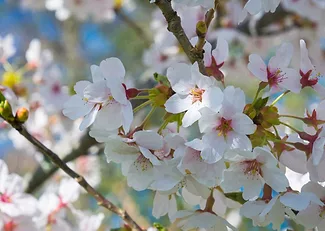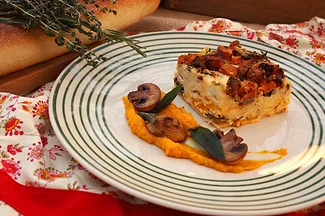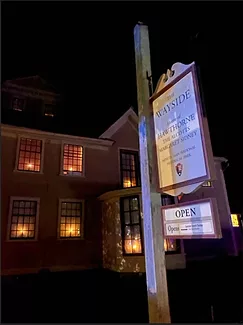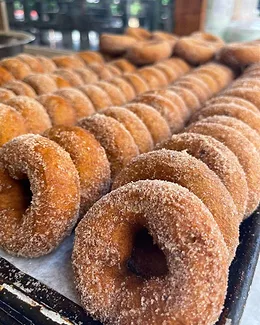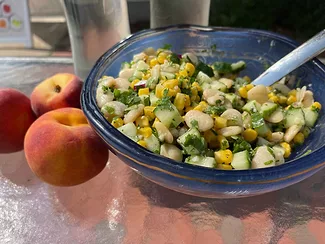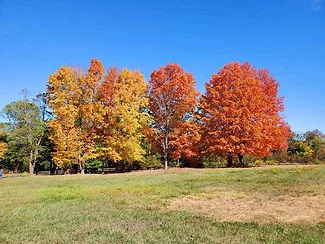Things to See & Do
Concord has many historic sites of interest. Below is contact information for each, along with their hours of operation. Please check the website before visiting, as sites may be closed on holidays or for private events.
Read More
Cozy Entertainment This Winter
There’s no need to stay home during the winter months. Concord’s many cultural and historical sites have a season’s worth of entertainment lined up for you this year.
Read More

